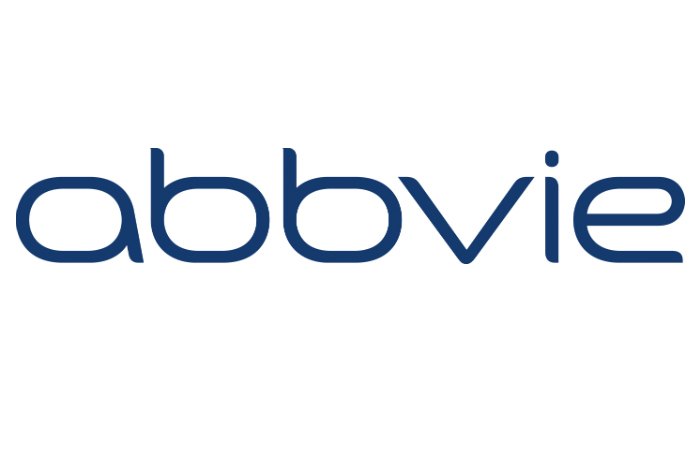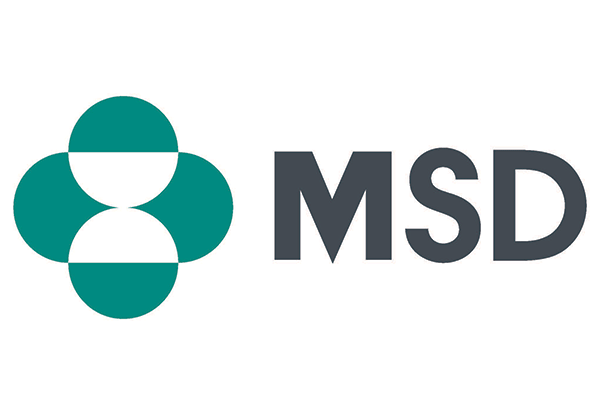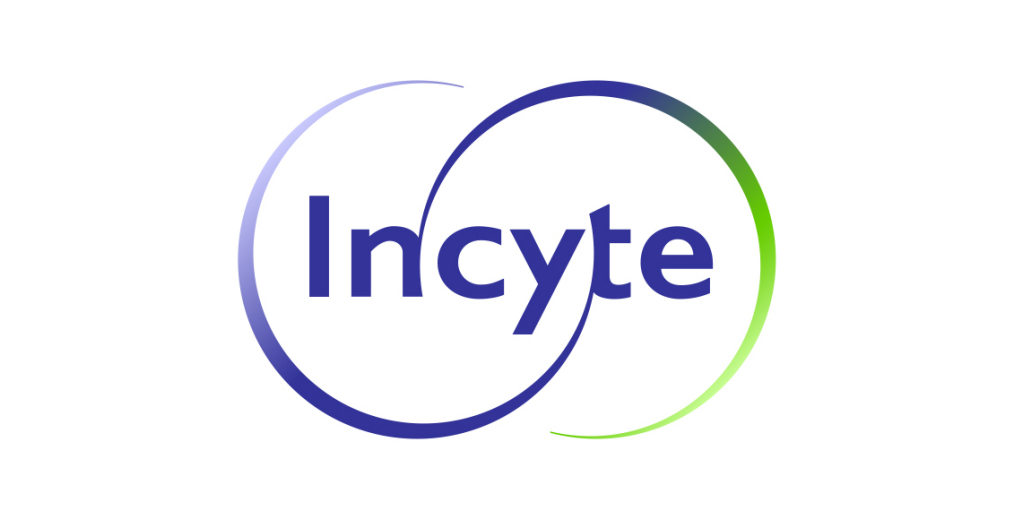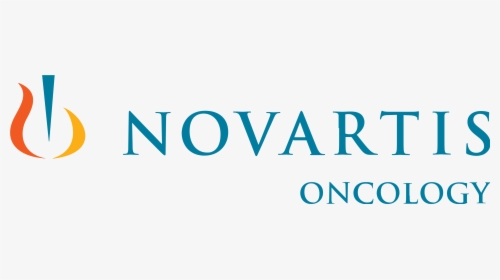CANCRO ALL’OVAIO – Elahere nel cancro ovarico precedentemente trattato con positività per i recettori alfa del folato. Approvazione completa da parte di FDA

–
Elahere a base di Mirvetuximab soravtansine come primo trattamento nelle pazienti con cancro ovarico resistente al Platino ha mostrato un beneficio statisticamente significativo in termini di sopravvivenza globale. Elahere rappresenta una nuova opzione efficace per le pazienti con tumori positivi per i recettori alfa del folato. Elahere è il primo ADC ( coniugato anticorpo-farmaco ) approvato negli Stati Uniti per questa neoplasia difficile da trattare
La Food and Drug Administration ( FDA ) statunitense ha concesso la piena approvazione a Elahere ( Mirvetuximab soravtansine-gynx; Mirvetuximab soravtansine ) per il trattamento di alcuni pazienti affetti da cancro ovarico.
Il coniugato anticorpo-farmaco ( ADC ), che è stato approvato per la prima volta nel 2022 nell’ambito del percorso di approvazione accelerato della FDA, può essere utilizzato per trattare gli adulti con positività per il recettore alfa del folato ( FRα ), cancro epiteliale dell’ovaio resistente al Platino, cancro delle tube di Falloppio o cancro peritoneale primario.
I pazienti idonei erano stati inoltre trattati da una a tre terapie precedenti.
L’approvazione si era basata sui risultati dello studio SORAYA a braccio singolo condotto su 106 pazienti con cancro ovarico resistente al Platino.
Elahere ha dimostrato un tasso di risposta complessivo del 31,7%, comprese cinque risposte complete, e una durata mediana della risposta di 6,9 mesi.
L’ultima decisione dell’Agenzia regolatoria è stata supportata dallo studio di conferma MIRASOL in fase avanzata, in cui Elahere ha dimostrato una riduzione del 33% del rischio di morte e una riduzione del 35% del rischio di tumore o di progressione del cancro rispetto alla chemioterapia scelta dallo sperimentatore.
Il cancro ovarico è la principale causa di morte per cancro ginecologico negli Stati Uniti, con circa 20.000 persone diagnosticate ogni anno.
La maggior parte dei pazienti presenta una malattia in stadio avanzato e di solito verrà sottoposta a un intervento chirurgico seguito da chemioterapia a base di Platino. Tuttavia, la maggior parte svilupperà alla fine una malattia resistente al Platino, a quel punto le chemioterapie standard di cura con un singolo agente sono associate a bassi tassi di risposta, breve durata della risposta e tossicità significative.
ENGLISH VERSION
U.S. FDA has granted full approval for Elahere based on Mirvetuximab soravtansine for certain ovarian cancer patients
As the first treatment to show a statistically significant overall survival benefit in patients with Platinum-resistant ovarian cancer, Elahere provides an effective new option for patients with folate receptor alpha positive tumors. These patients previously had very limited options
The U.S. Food and Drug Administration ( FDA ) has granted full approval for Elahere ( Mirvetuximab soravtansine-gynx; Mirvetuximab soravtansine ) for the treatment of folate receptor alpha ( FRα )-positive, Platinum-resistant epithelial ovarian, fallopian tube or primary peritoneal adult cancer patients treated with up to three prior therapies.
Patients with these cancers often present with late-stage disease, undergo surgery and are then treated with Platinum-based chemotherapy. They may become resistant to this treatment and require another therapy.
Elahere is a first-in-class ADC comprising a folate receptor alpha-binding antibody, cleavable linker, and the maytansinoid payload DM4, a potent tubulin inhibitor designed to kill the targeted cancer cells.
Elahere was first granted FDA accelerated approval in November 2022 and the conversion to full approval is based on data from the confirmatory phase 3 MIRASOL trial. This trial compared to Elahere investigator’s choice ( IC ) of chemotherapy in patients with Platinum-resistant ovarian cancer ( PROC ) whose tumors express high levels of FRα and who have been treated with up to three prior therapies. The primary endpoint of MIRASOL was progression-free survival ( PFS ) by investigator assessment and key secondary endpoints included objective response rate ( ORR ) and overall survival ( OS ).
MIRASOL is a randomized phase 3 trial of Elahere versus investigator’s choice ( IC ) of single-agent chemotherapy ( weekly Paclitaxel, Pegylated liposomal Doxorubicin, or Topotecan ). Eligibility criteria include patients with PROC whose tumors express high levels of FRα, using the Ventana FOLR1 Assay, and who have been treated with up to three prior regimens. The primary endpoint of this trial is progression-free survival ( PFS ) by investigator assessment. Key secondary endpoints include objective response rate ( ORR ) and overall survival ( OS ). The trial enrolled 453 patients. Patients were stratified by number of prior lines of therapy ( 14% had one prior line of therapy, 39% had two prior lines of therapy, and 47% had three prior lines of therapy ) and by IC chemotherapy, with Paclitaxel as the most commonly chosen ( 41% ), followed by PLD ( 36% ) and Topotecan ( 23% ). 62% of patients received prior Bevacizumab; 55% received a prior PARP inhibitor.
Overall survival hazard ratio ( HR ) was 0.67 ( 95% confidence interval [ CI ]: 0.50, 0.88; p=0.0046 ), representing a 33% reduction in risk of death in the Elahere arm compared to the IC chemotherapy arm.
Prpgression-free survival hazard ratio was 0.65 ( 95% CI: 0.52, 0.81; p less than 0.0001 ), representing a 35% reduction in the risk of tumor or cancer progression in the Elahere arm compared to IC chemotherapy.
Elahere showed overall fewer grade 3+ adverse events and a lower rate of discontinuations due to adverse events when compared to the IC chemotherapy control group.
The most common ( greater than or equal to 20% ) adverse reactions, including lab abnormalities, were increased aspartate aminotransferase, fatigue, increased alanine aminotransferase, blurred vision, nausea, increased alkaline phosphatase, diarrhea, abdominal pain, keratopathy, peripheral neuropathy, musculoskeletal pain, decreased lymphocytes, decreased platelets, decreased magnesium, decreased hemoglobin, dry eye, constipation, decreased leukocytes, vomiting, decreased albumin, decreased appetite, and decreased neutrophils.
Ovarian cancer is the leading cause of death from gynecological cancers in the United States. Each year, approximately 20,000 patients are diagnosed. Most patients present with late-stage disease and will typically undergo surgery followed by Platinum-based chemotherapy. The majority of patients eventually develop Platinum-resistant disease, which is difficult to treat. In this setting, standard of care single-agent chemotherapies are associated with low response rates, short durations of response, and significant toxicities.
Elahere is indicated for the treatment of adult patients with folate receptor-alpha positive, Platinum-resistant epithelial ovarian, fallopian tube, or primary peritoneal cancer, who have received one to three prior systemic treatment regimens. Select patients for therapy based on an FDA-approved test.
KEY POINTS
– The full approval of Elahere is based on the confirmatory MIRASOL phase 3 trial that supports the medicine as a potential new standard of care for folate receptor alpha ( FRα )-positive, Platinum-resistant ovarian cancer ( PROC )
– Data have shown that Elahere treatment resulted in an overall survival benefit and reduced the risk of cancer progression by 35%
Source: Abbvie, 2024
–
Xagena Oncologia
MelanomaOnline.net | OncoGinecologia.net | OncoImmunoterapia.net | OncologiaMedica.net | OncologiaOnline.net | TumoriOnline.net | TumoriRari.net









